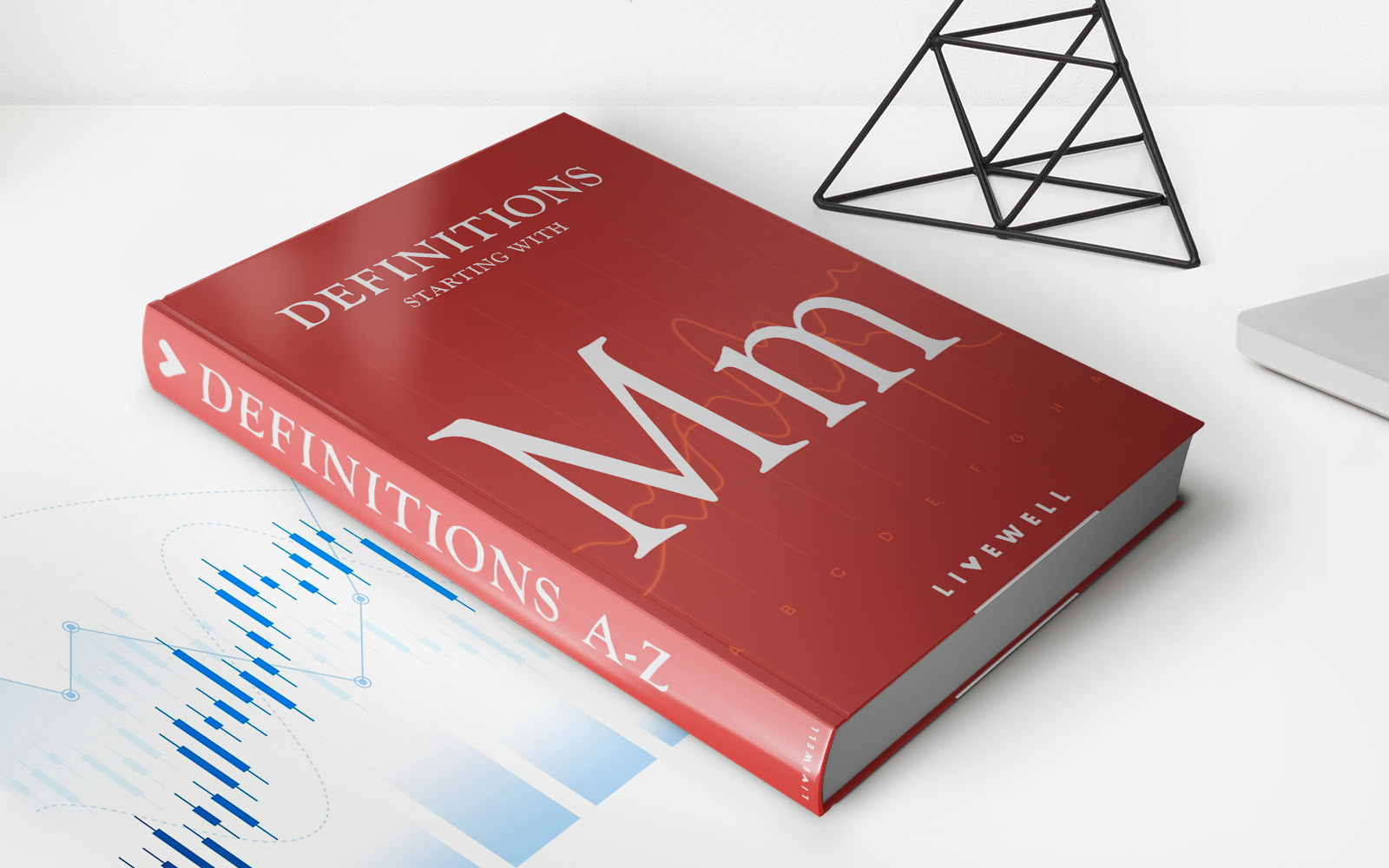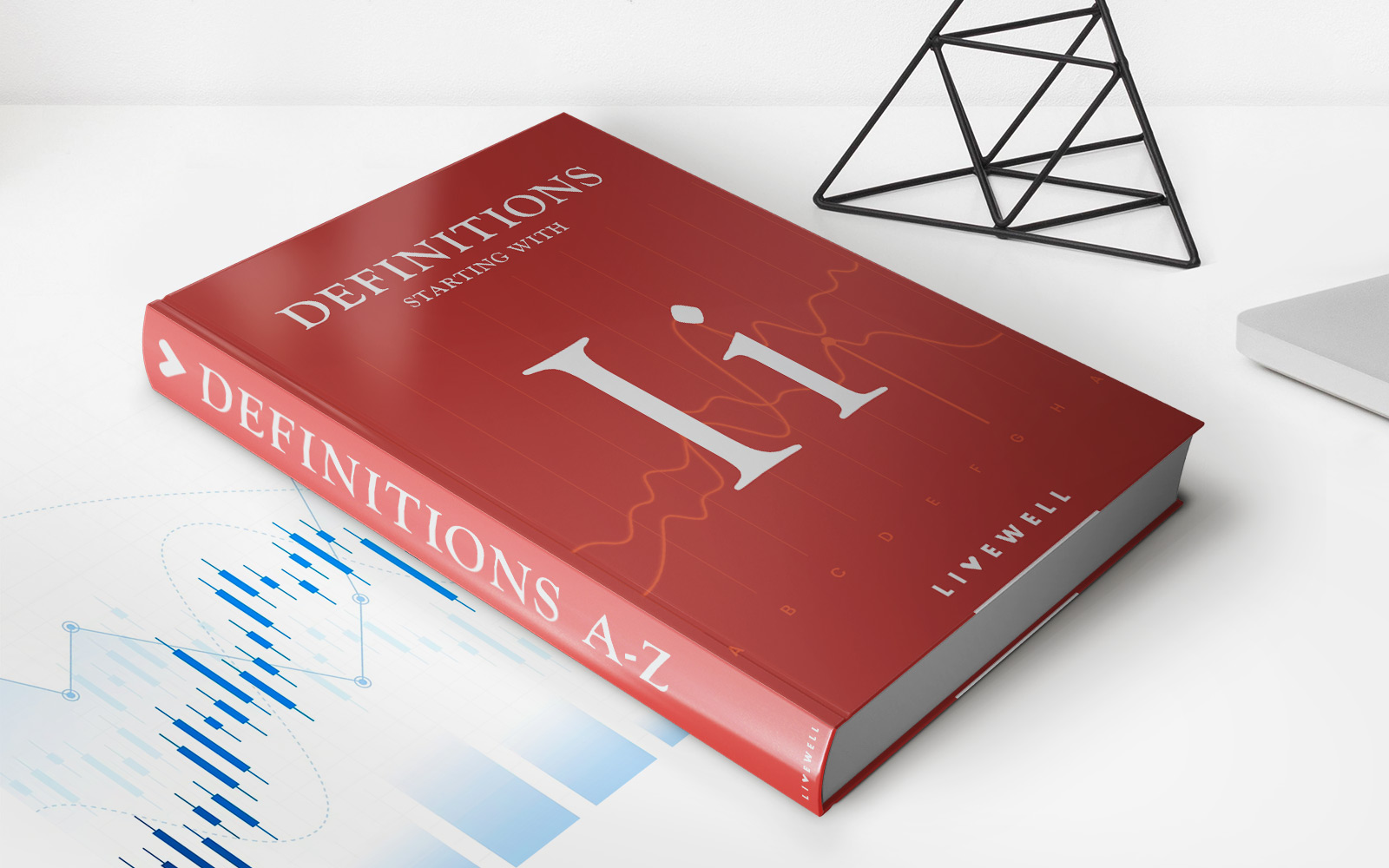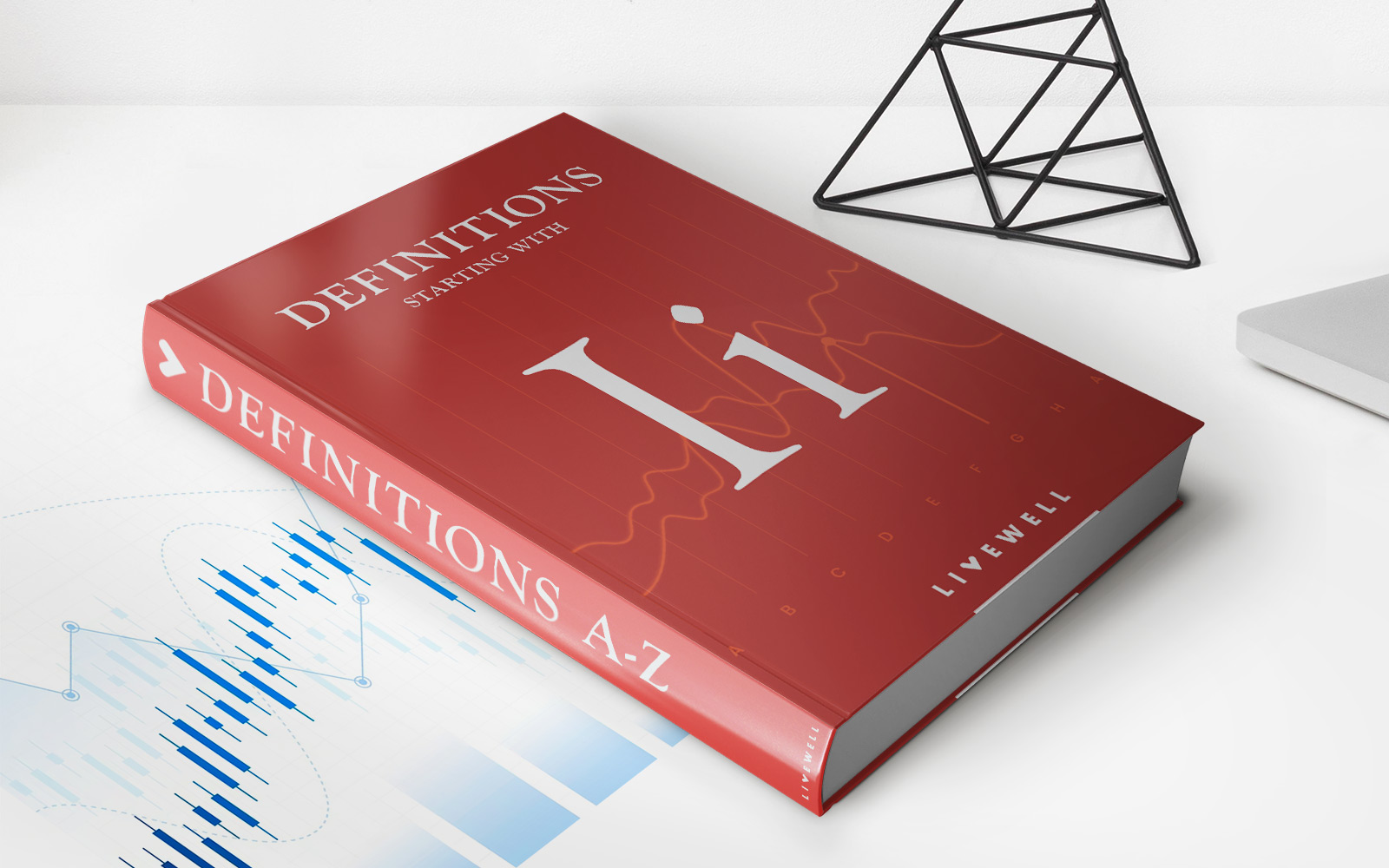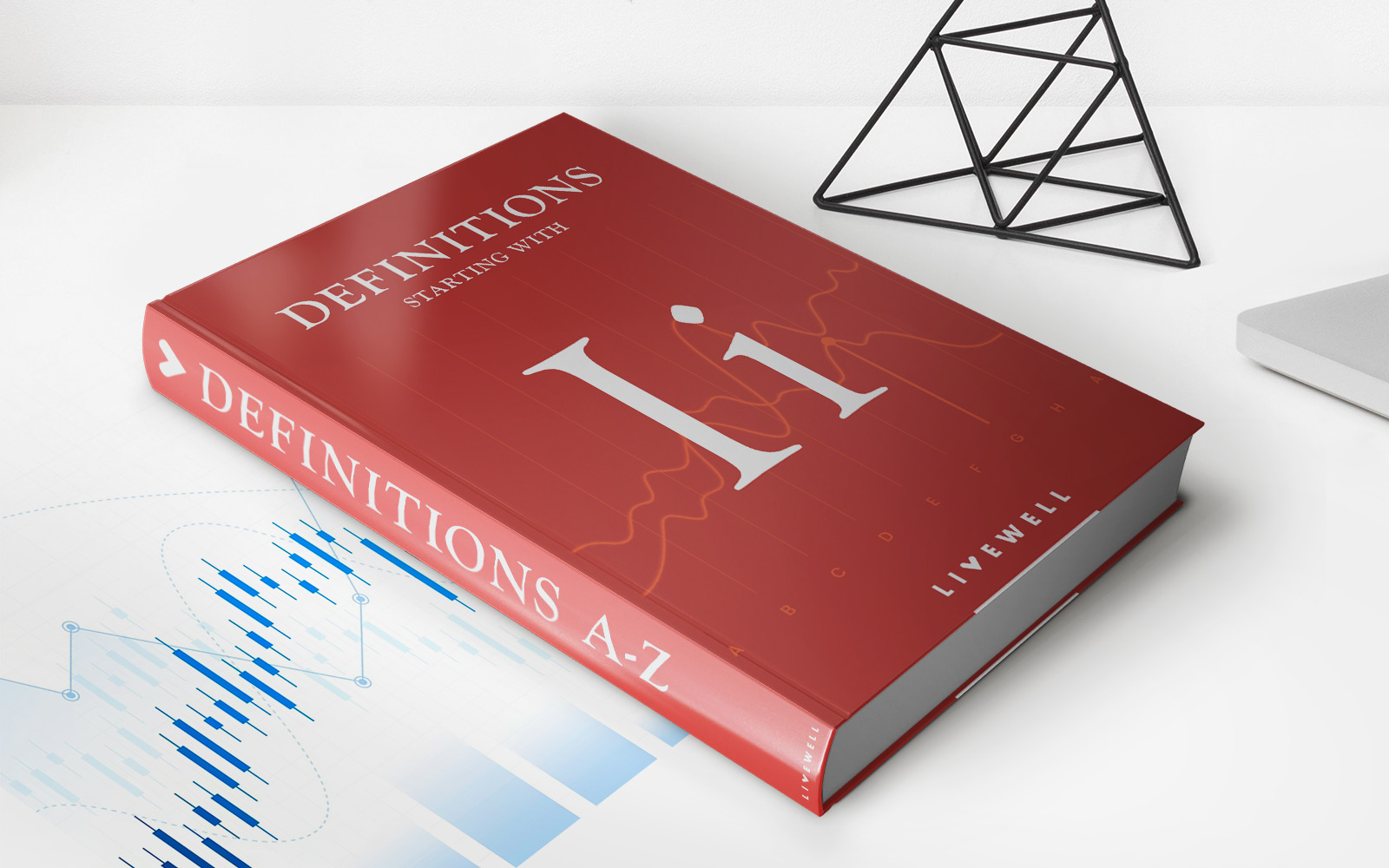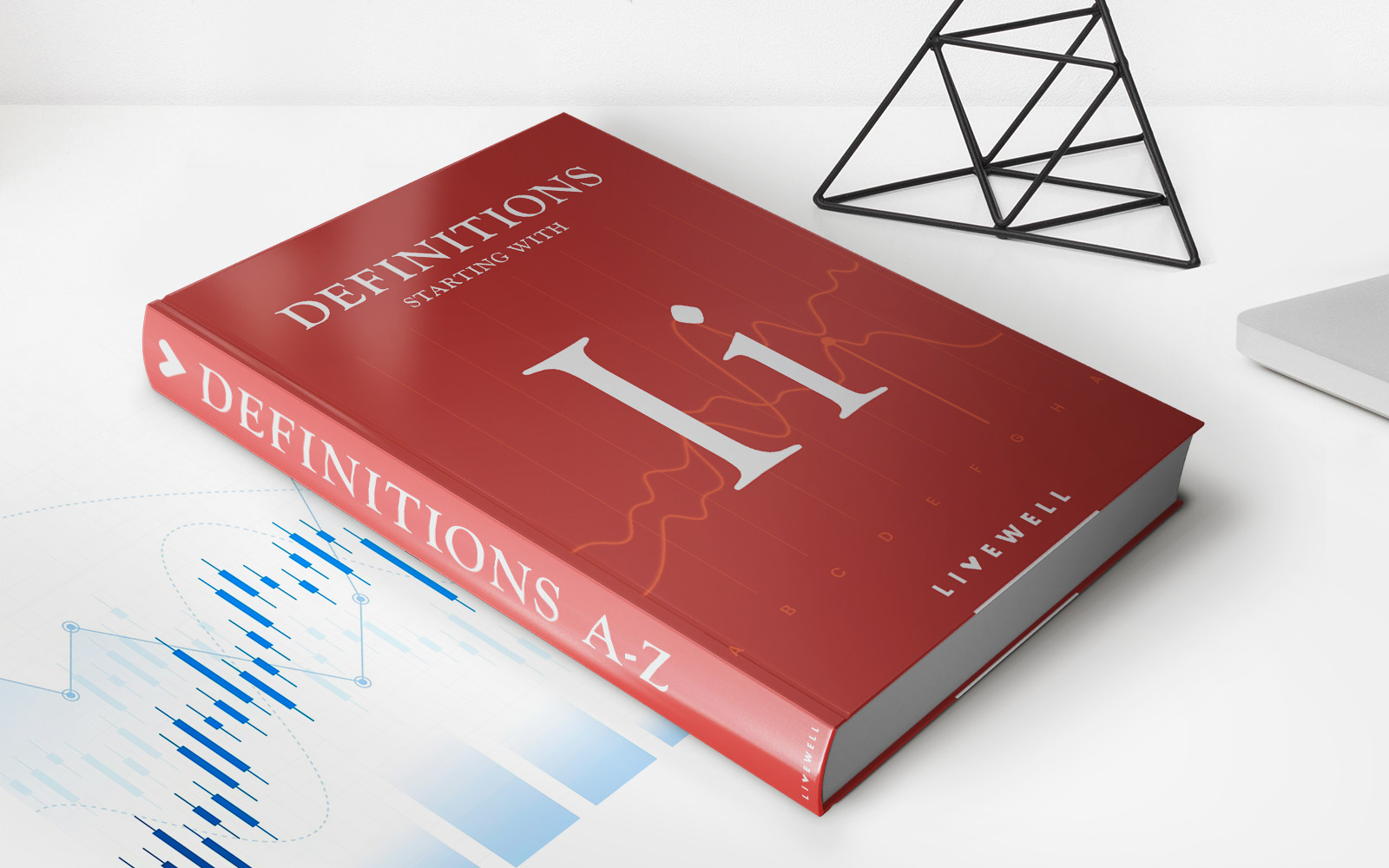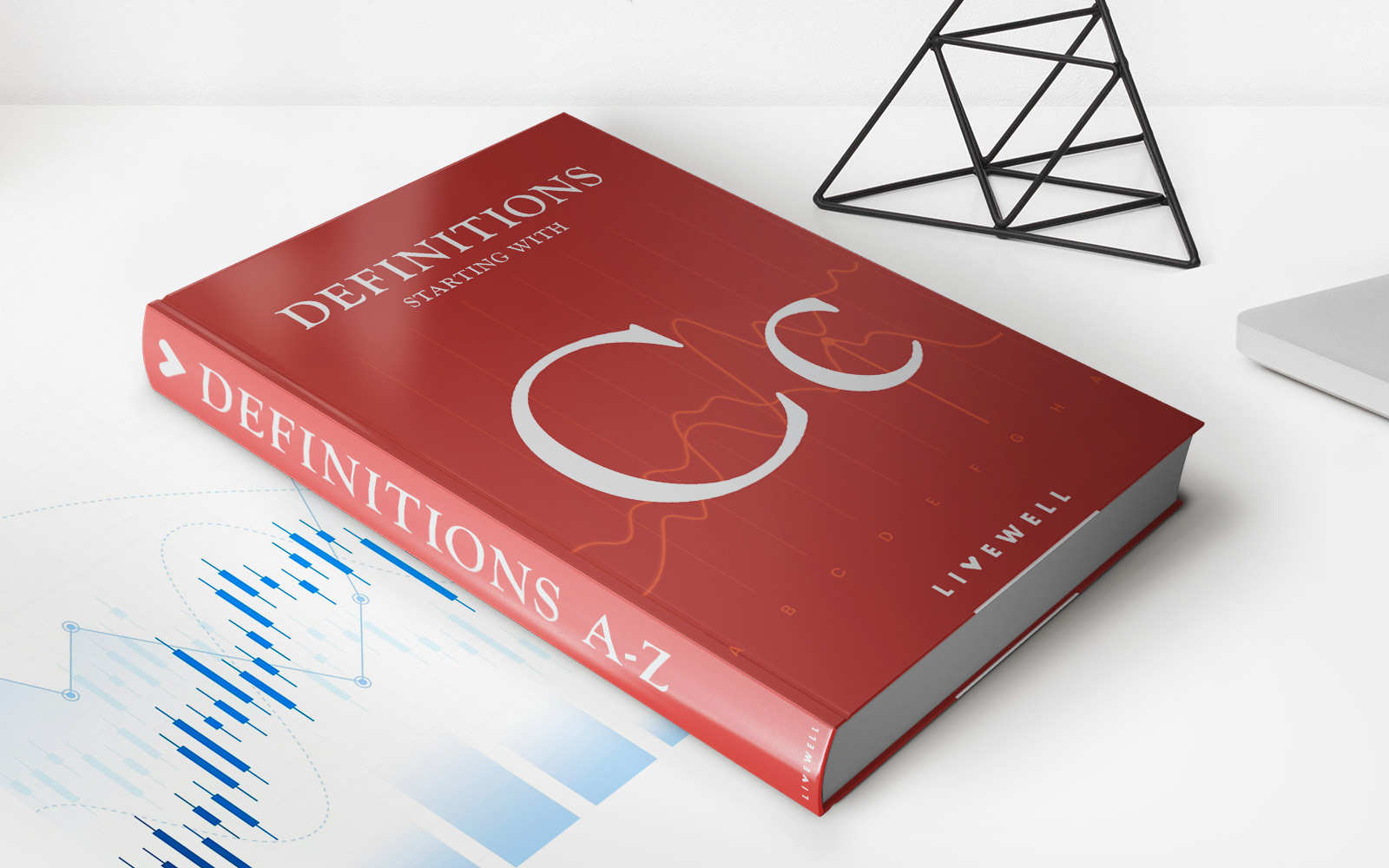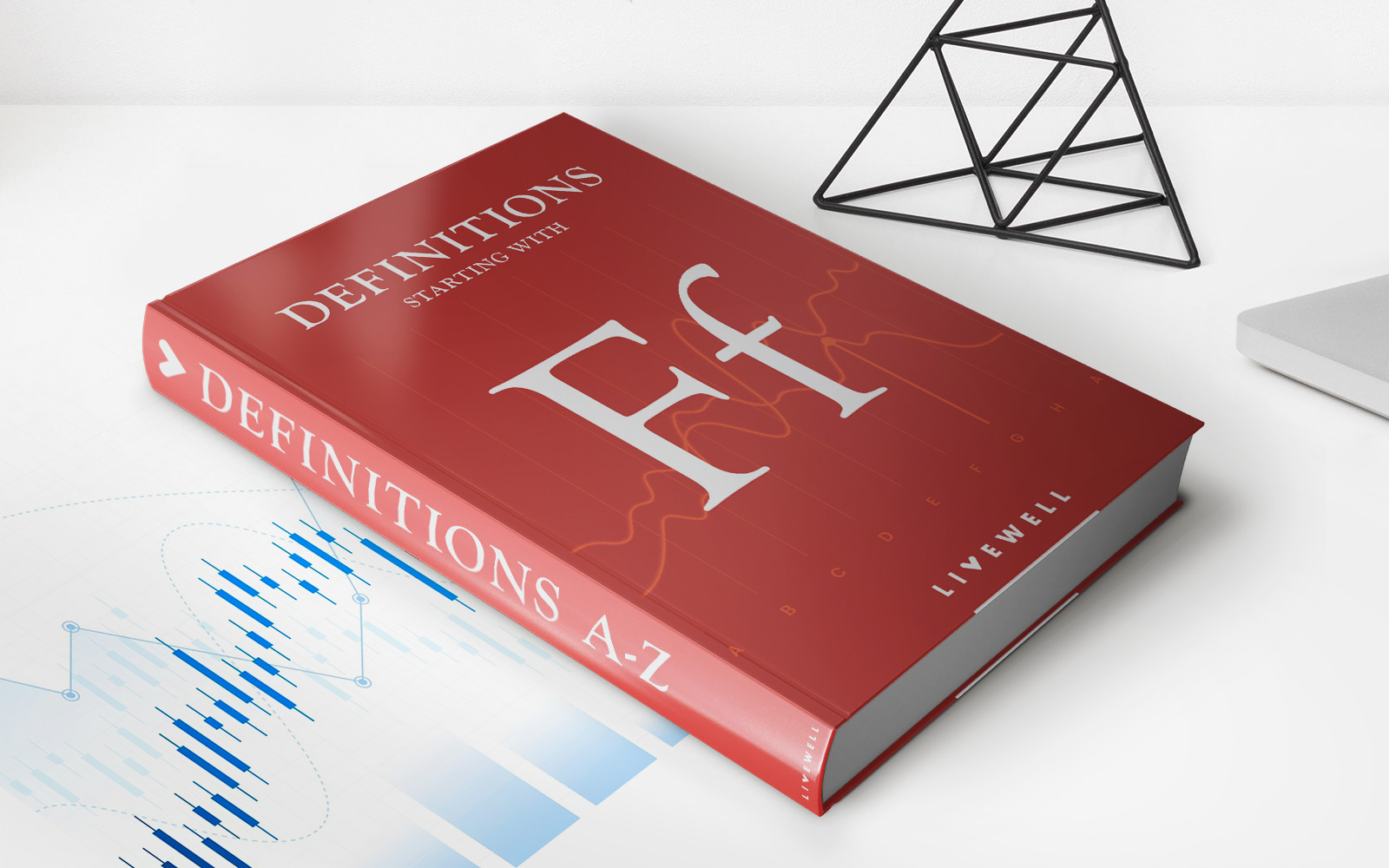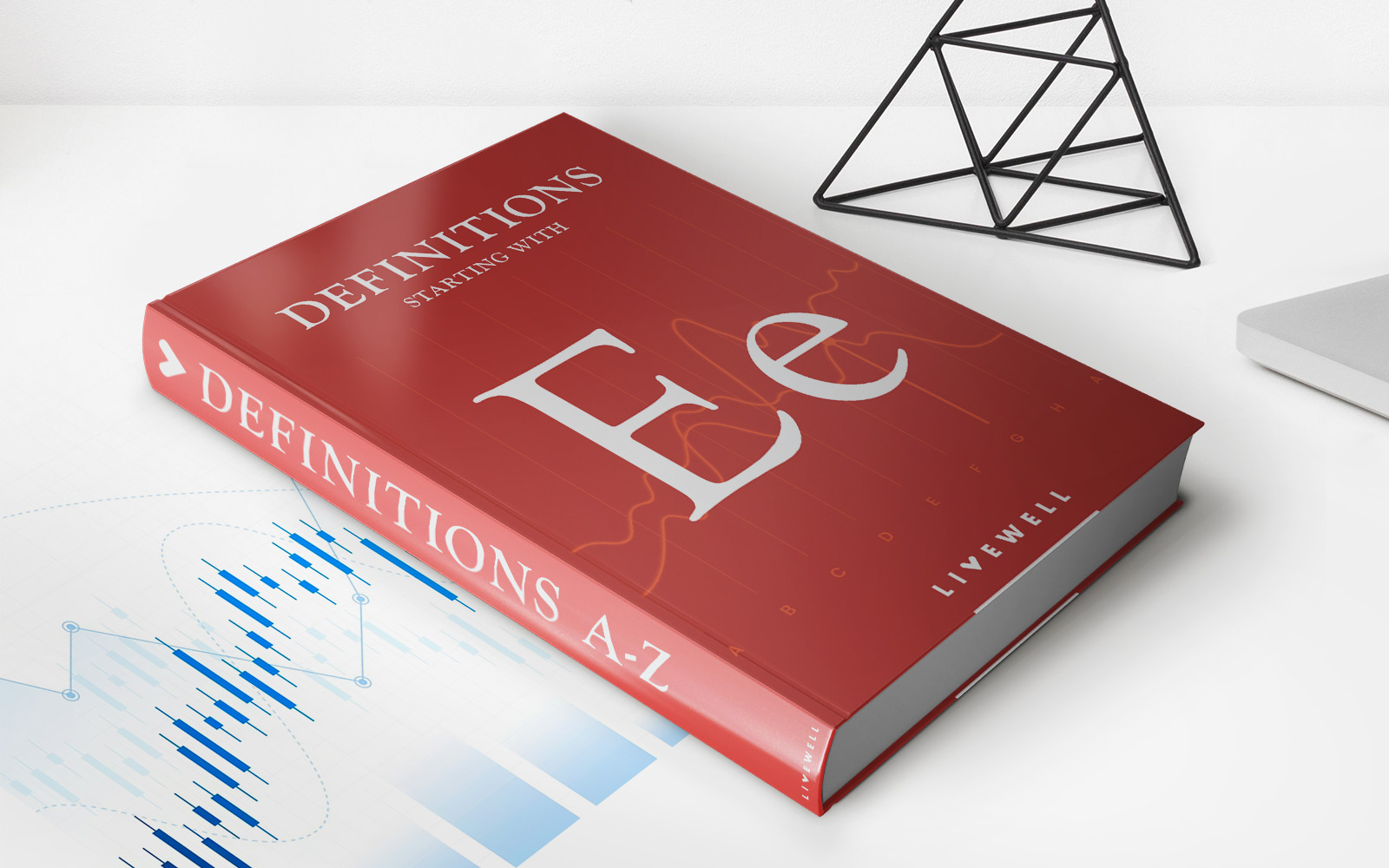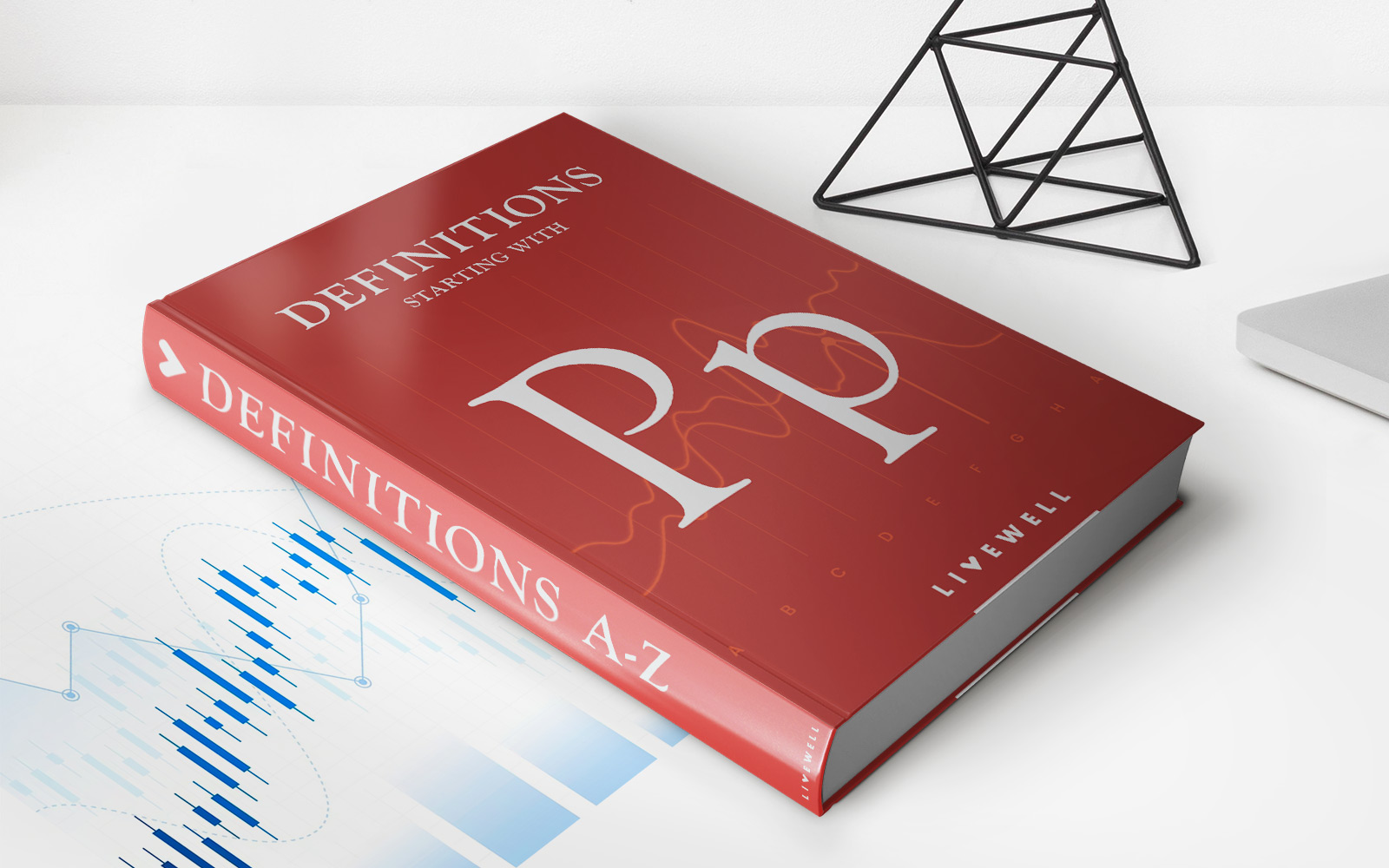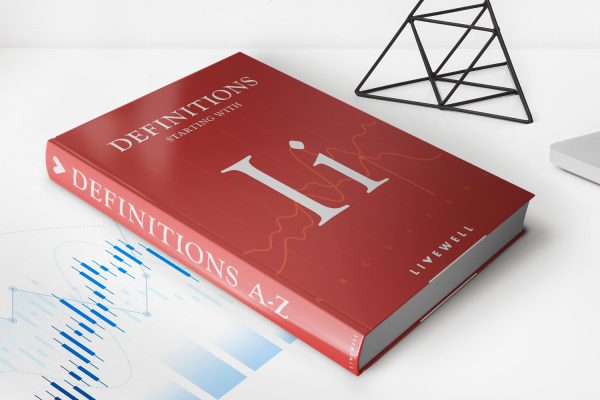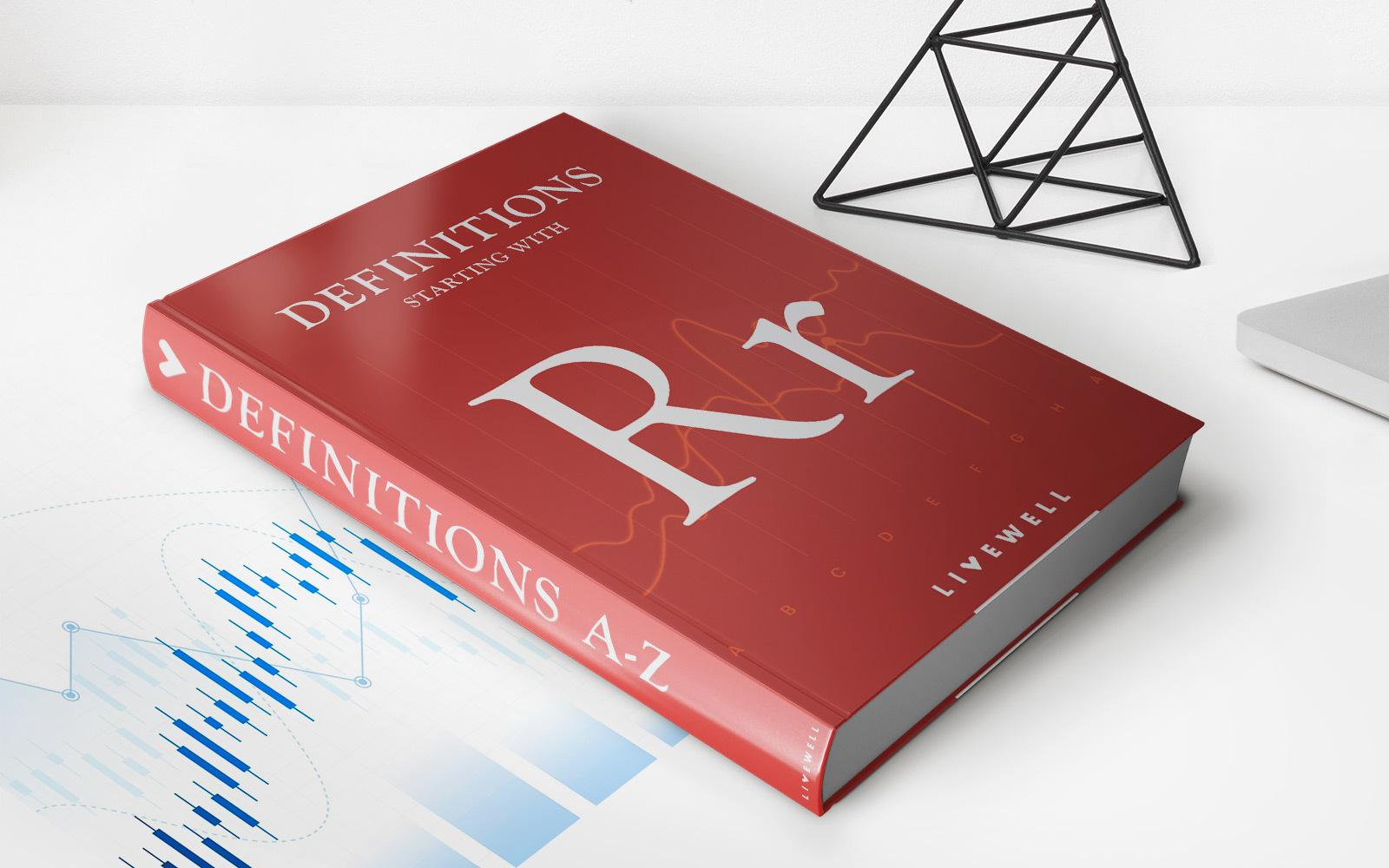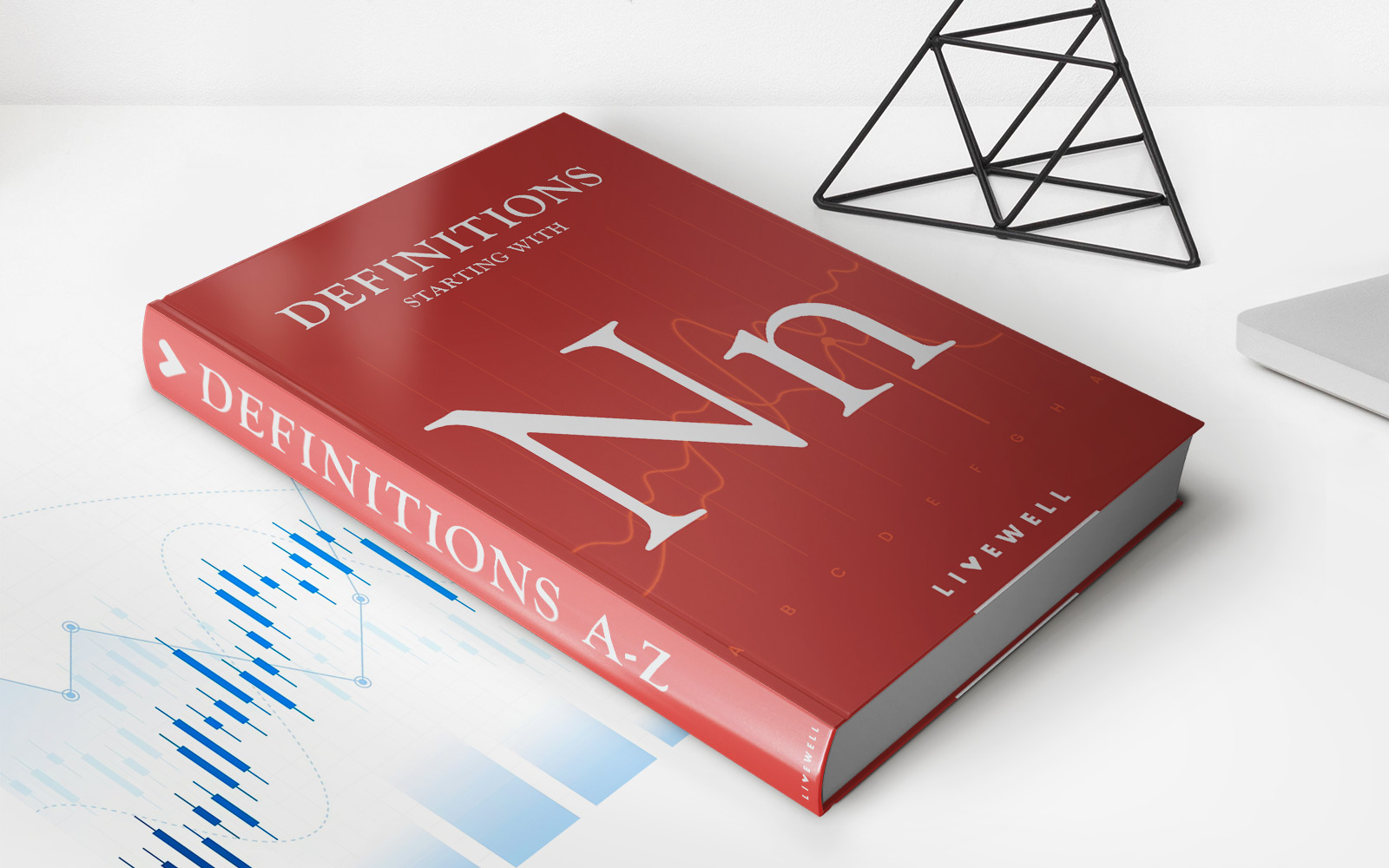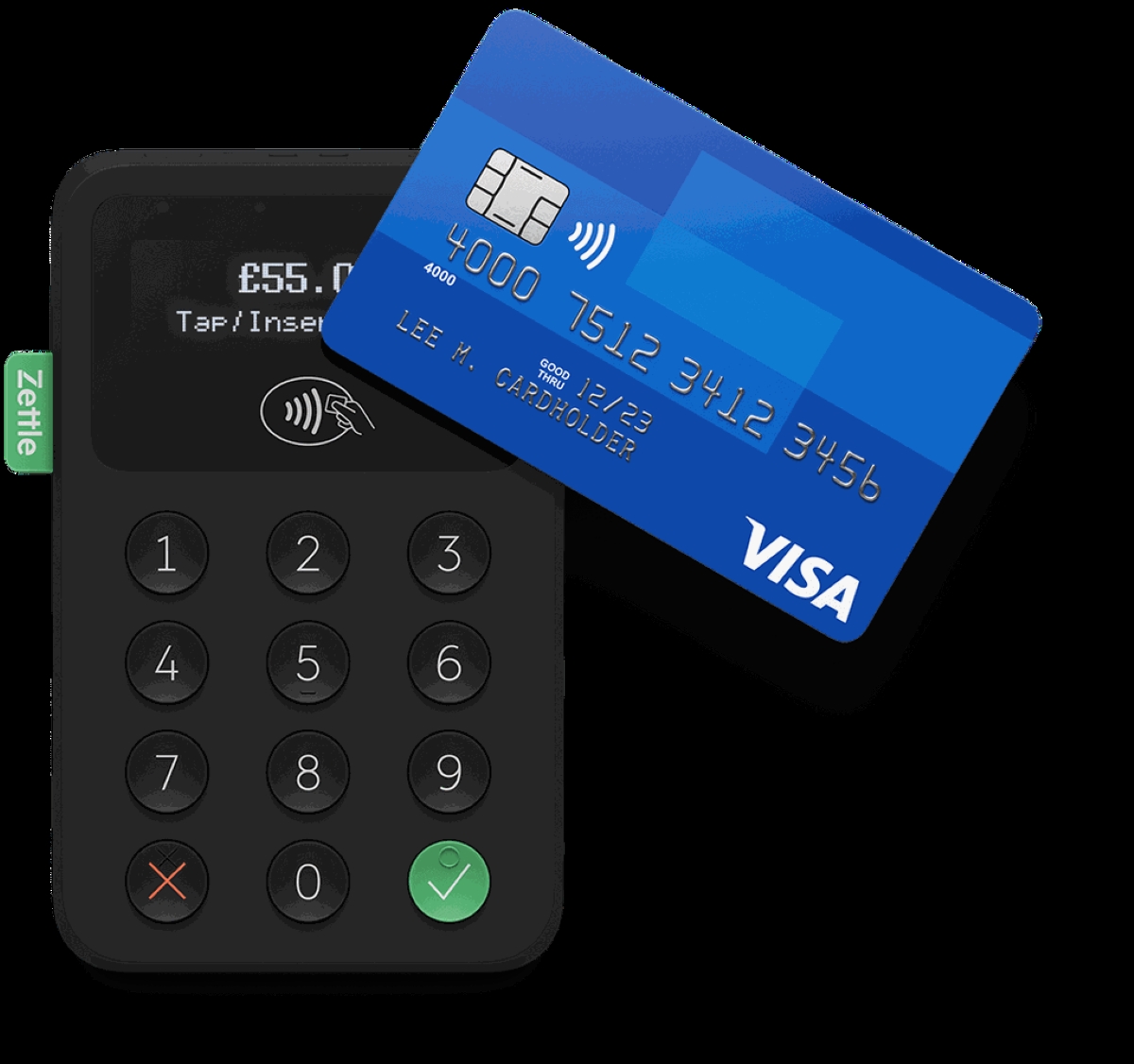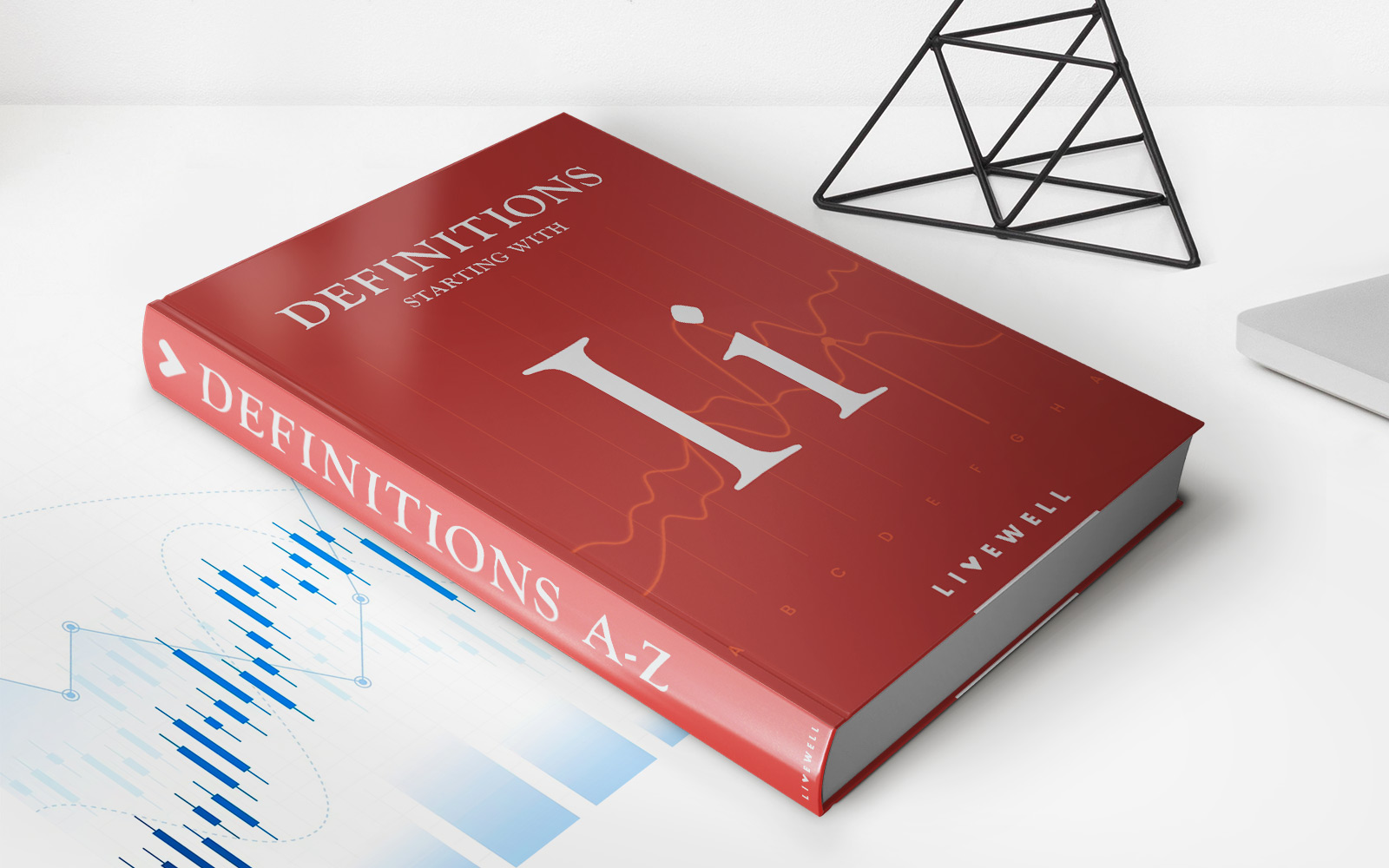

Finance
Initial Rate Period Definition
Published: December 9, 2023
Learn about the definition of initial rate period in finance and its implications. Understand how it impacts your financial decisions.
(Many of the links in this article redirect to a specific reviewed product. Your purchase of these products through affiliate links helps to generate commission for LiveWell, at no extra cost. Learn more)
Understanding the Initial Rate Period in Finance
When it comes to finance, there are many technical terms and concepts that can be quite confusing. One such term is the Initial Rate Period. But fear not, as in this article we will break down the definition of Initial Rate Period in a simple and understandable way. By the end of this article, you’ll have a clear understanding of this concept and its importance in the world of finance.
Key Takeaways:
- The Initial Rate Period is a specific duration of time when interest rates on loans or financial products remain fixed.
- During this period, the interest rate remains unchanged, regardless of any external factors that may affect interest rates in the market.
What is an Initial Rate Period?
The Initial Rate Period, also known as the introductory rate period or fixed-rate period, refers to a specific duration of time when interest rates on loans or other financial products remain fixed. During this period, the interest rate remains unchanged, regardless of any external factors that may affect interest rates in the market. Once this initial period expires, the interest rate may then adjust based on the terms of the loan agreement.
This initial fixed-rate period serves as a way to provide stability and predictability to borrowers. It allows them to plan their finances and budget more effectively, as they know exactly what their monthly payments will be during this period. For example, if you have a mortgage with a 5-year initial rate period, you will have the peace of mind of knowing that your interest rate and monthly payments will remain constant for those 5 years.
It is important to note that the length of the Initial Rate Period can vary depending on the type of loan or financial product. In some cases, it may be as short as a few months, while in other cases, it can extend up to several years. It is crucial to review the terms and conditions of your loan agreement to understand the specific duration of your Initial Rate Period.
Once the Initial Rate Period expires, the interest rate on your loan may adjust. This adjustment is typically based on a specific index, such as the Prime Rate or the London Interbank Offered Rate (LIBOR), and may be subject to certain limitations and caps. The adjustment can result in either an increase or decrease in your interest rate and, subsequently, your monthly payments. It is essential to carefully consider how your interest rate will adjust after the Initial Rate Period to ensure that you can comfortably afford any potential changes.
In conclusion, the Initial Rate Period is a significant factor to consider when taking out a loan or purchasing a financial product. It provides stability and predictability in monthly payments during the fixed-rate period, allowing borrowers to plan their finances more effectively. However, it is crucial to review the terms and conditions of your loan agreement to understand the specific duration of the Initial Rate Period and how the interest rate may adjust after it expires.
